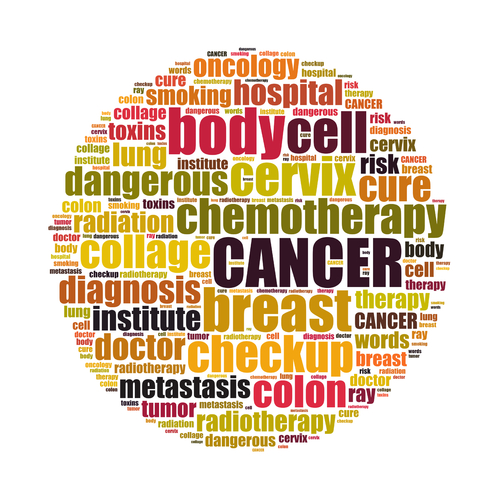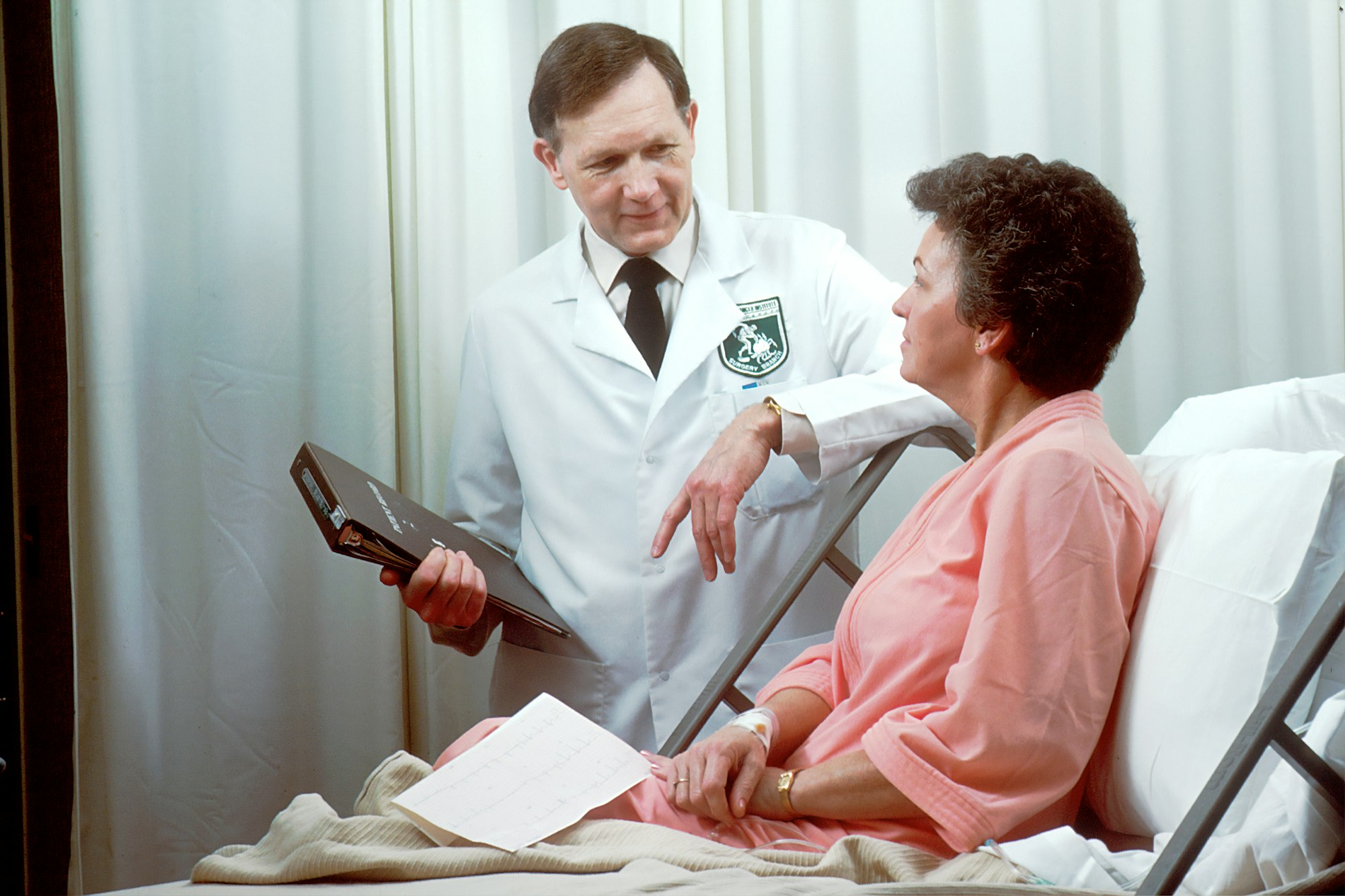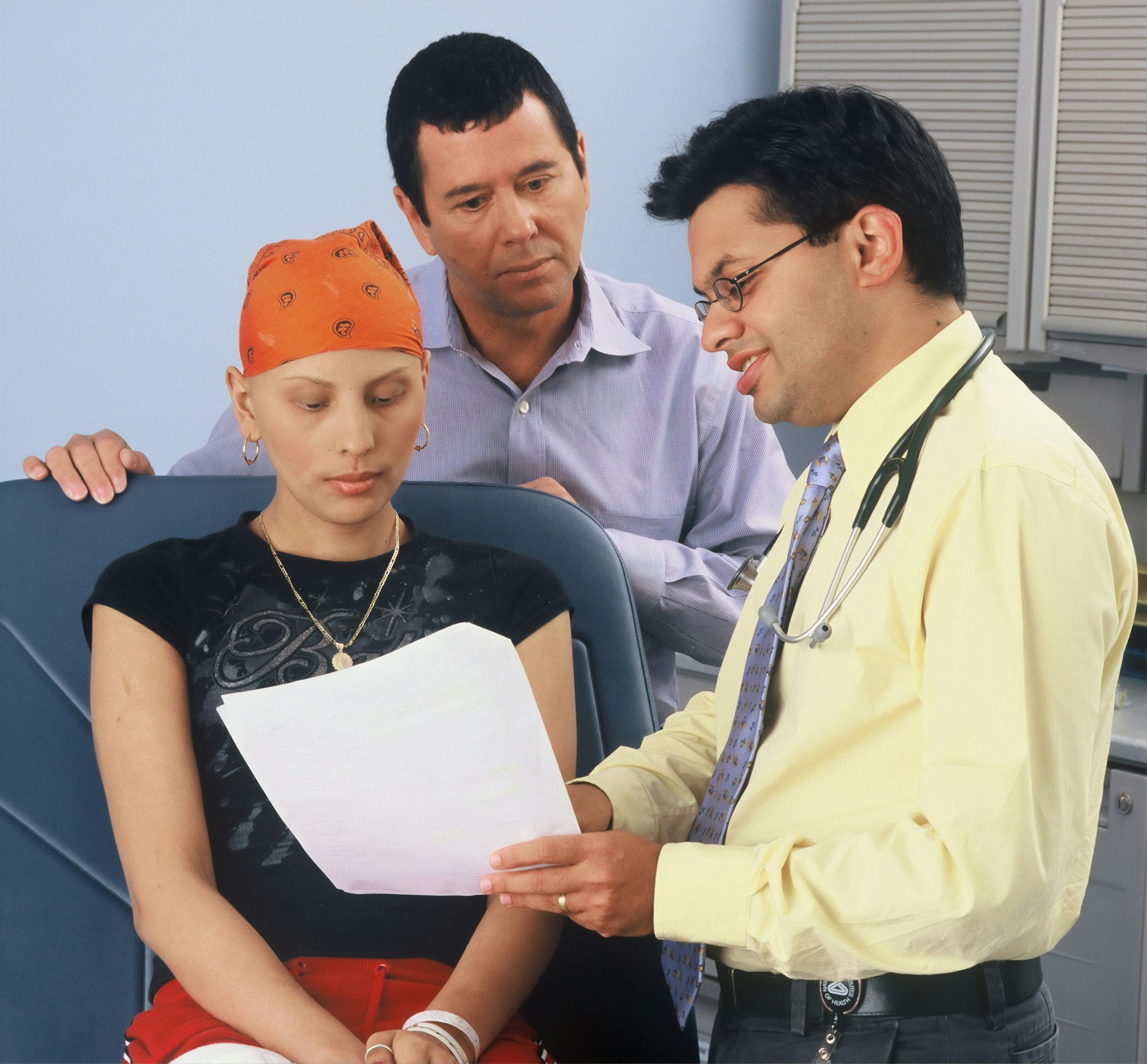Understanding and Managing Cancer Treatment Side Effects: The Role of Palliative Care
Understanding and Managing Cancer Treatment Side Effects" explores the comprehensive management of side effects from cancer treatments. It emphasizes palliative care's importance in providing relief, emotional support, and improved quality of life for cancer patients.

Addressing Cancer Side Effect
Cancer, a formidable adversary, is not just about the disease itself but also the battle scars it leaves behind. The journey of a cancer patient is fraught with challenges, not least of which are the side effects brought on by various treatments. This second article in our four-part series dives into the world of cancer treatment side effects, emphasizing the critical role of palliative care as both a bridge to wellness and a compassionate pathway to hospice care.
Insight into the Spectrum of Cancer Treatment Side Effects
Cancer treatment, a crucial step in battling this disease, unfortunately, brings a host of side effects that vary in intensity and duration. Understanding these side effects is vital for cancer patients and their health care teams to manage them effectively and improve the quality of life during and after treatment.
Immediate Side Effects of Cancer Treatment
- Radiation Therapy Side Effects: Targeted areas, especially the head and neck, suffer from specific issues like inflammation of the salivary glands, leading to dry mouth and difficulty swallowing. Lymph fluid buildup in lymph nodes can cause swelling and discomfort, while skin in the treated area may become sensitive, red, or irritated, resembling a severe sunburn.
- Chemotherapy Side Effects: As chemotherapy drugs target rapidly dividing cells, they also affect healthy cells. This leads to hair loss, a common and distressing side effect. The bone marrow's reduced ability to produce blood cells results in anemia and a diminished immune system, increasing the risk of infections. Regular blood tests become crucial to monitor these changes.
Long-Term and Chronic Side Effects
- Organ Damage: High dose radiation therapy and certain chemotherapy drugs can lead to chronic health issues. Lung disease may manifest as shortness of breath or persistent cough. Congestive heart failure, a serious condition, can arise from damage to the heart muscle. The thyroid gland may also be affected, requiring lifelong medication to regulate hormone levels.
- Neurological Issues: Brain and spinal cord damage can lead to cognitive impairments, affecting memory and concentration, known as 'chemo brain.' Phantom limb pain, a complex phenomenon, occurs when nerve endings at the amputation site continue to send pain signals to the brain.
- Physical Changes: Weight gain and changes in physical appearance can significantly impact a survivor's self-image and quality of life. Sexual dysfunction, affecting both men and women, often results from hormonal therapies and can lead to relationship strains. Survivors may also face chronic fatigue, making it challenging to return to a normal, physically active lifestyle.
Side Effects of Hormone Therapy in Cancer Treatment
Hormone therapy, an effective treatment for certain types of cancer like breast and prostate cancer, can bring about its own set of side effects. Understanding these effects is crucial for patients and their health care teams to manage them effectively.
Hormone Therapy Side Effects
- Hot Flashes and Sweating: These are common in both men and women receiving hormone therapy. They can range from mild to severe and can significantly impact quality of life.
- Mood Swings and Emotional Changes: Patients may experience increased anxiety, mood swings, and in some cases, depression. Regular consultation with the health care team can help manage these emotional effects.
- Changes in Sexual Function: Erectile dysfunction in men and vaginal dryness in women are common. These changes can affect intimate relationships and may require therapeutic intervention.
- Bone Density Loss: Hormone therapy can lead to a decrease in bone density, increasing the risk of fractures. Regular exercise and a diet rich in calcium and vitamin D are beneficial.
- Weight Gain and Muscle Loss: Patients may experience an increase in body fat and a decrease in muscle mass, leading to overall weight gain.
- Increased Risk of Other Conditions: There's a higher risk of developing conditions like heart disease and diabetes, so monitoring blood pressure and blood sugar levels is essential.

Side Effects When Receiving Both Chemotherapy and Radiation Therapy
The combination of chemotherapy and radiation therapy, while effective in treating cancer, can intensify side effects.
Combined Therapy Side Effects
- Increased Fatigue: Cancer-related fatigue is more pronounced when both treatments are given simultaneously. This can be debilitating and requires strategies like pacing daily activities and incorporating rest periods.
- Enhanced Skin Reactions: Radiation therapy can cause skin irritation, and when combined with chemotherapy, these effects can be more severe, leading to skin dryness, peeling, and sometimes blistering.
- Higher Risk of Infections: Chemotherapy affects the body's immune system, and radiation can exacerbate this, making patients more susceptible to infections. Regular blood tests and preventive measures are necessary.
- Digestive Issues: Nausea, vomiting, and diarrhea are common with chemotherapy and can be worsened with radiation, especially if the abdominal area is involved.
- Soft Tissue Damage: Radiation therapy can cause scarring and stiffness in soft tissues, and when combined with chemotherapy, recovery can be prolonged.
- Lung Inflammation and Damage: If radiation therapy is directed at or near the lungs, it can cause inflammation and scarring. Chemotherapy can compound this effect, leading to breathing difficulties.
- Impact on Mental Health: The cumulative effect of dealing with multiple treatments can lead to increased stress, anxiety, and depression. Support from the health care team, including mental health professionals, is vital.
Side Effects of Immunotherapy in Cancer Treatment
Immunotherapy, a groundbreaking approach in cancer treatment, works by empowering the body's immune system to fight cancer cells. While it offers new hope for many cancer patients, it also introduces its own set of side effects, which can vary significantly from those of traditional treatments like chemotherapy and radiation therapy.
Common Side Effects of Immunotherapy
- Immune System Reactions: Since immunotherapy stimulates the immune system, it can sometimes become overactive, leading to inflammation in various parts of the body. This can manifest as skin rashes, colitis, hepatitis, and pneumonitis, among other conditions.
- Fatigue: Cancer-related fatigue is a common side effect of immunotherapy, similar to other cancer treatments. It can range from mild to severe, impacting daily activities and overall quality of life.
- Flu-like Symptoms: Patients often experience flu-like symptoms, including fever, chills, weakness, dizziness, nausea, or muscle aches.
- Autoimmune Reactions: In some cases, the immune system may begin attacking normal organs and tissues, leading to a range of autoimmune disorders.
Potential Serious Side Effects
- Lung Problems: Immunotherapy can cause lung inflammation (pneumonitis), leading to coughing, shortness of breath, and other respiratory issues.
- Endocrine Disorders: The treatment can affect hormone-producing glands, leading to thyroid disorders, adrenal insufficiency, and diabetes.
- Gastrointestinal Issues: Colitis and other gastrointestinal side effects can result in severe diarrhea, abdominal pain, and blood in stools.
- Heart and Blood Vessel Inflammation: In rare cases, immunotherapy can cause inflammation of the heart or blood vessels, which can be life-threatening.
Managing Side Effects of Immunotherapy
- Regular Monitoring and Blood Tests: Close monitoring by the health care team is essential. Regular blood tests can help detect early signs of organ inflammation or dysfunction.
- Symptom Management: Pain medications, anti-inflammatory drugs, and steroids are often used to manage symptoms and control immune responses.
- Diet and Lifestyle Adjustments: Maintaining a healthy diet and staying physically active as much as possible can help manage side effects like fatigue and maintain overall health.
- Collaboration with Health Care Team: Patients undergoing immunotherapy should actively communicate any new symptoms or changes in their health to their health care team for timely intervention.
Immunotherapy represents a significant advance in cancer treatment, offering hope for many cancer survivors. However, its side effects, stemming from an activated immune system, require careful management and coordination with the health care team. Understanding these side effects is crucial for cancer patients to navigate their treatment journey successfully.
Managing Side Effects
- Active Collaboration with Health Care Team: Regular communication with doctors, nurses, and other health care professionals is essential to manage and mitigate these side effects.
- Palliative Care and Support Services: Integrating palliative care and support services, like the American Cancer Society resources, can provide additional support and information.
- Lifestyle Modifications: A healthy diet, gentle physical therapy, and stress management techniques can help alleviate some side effects.
- Monitoring and Preventive Measures: Regular monitoring of blood pressure, heart function, and lung health is crucial, especially for those at risk of congestive heart failure or lung disease.
Managing the side effects of hormone therapy, and the combination of chemotherapy and radiation therapy, is a complex but essential part of cancer treatment. A proactive approach involving the patient, health care team, and support services is key to ensuring the best possible quality of life during and after cancer treatment.

Managing Side Effects with a Holistic Approach
Cancer Survivorship Care Plan: This plan involves regular monitoring and screening for recurrence and secondary cancers, especially in patients who have undergone high dose radiation therapy or chemotherapy.
Diet and Exercise: A healthy diet and physical therapy are essential in managing side effects like joint pain, weight gain, and cancer-related fatigue. Being physically active aids in overall wellness and recovery.
Support for Emotional Effects: The American Cancer Society and other organizations provide resources for dealing with the physical and emotional effects of cancer. Counseling and support groups can help address the anxiety and depression that often accompany a cancer diagnosis and treatment.
Active Collaboration with Health Care Team: Regular communication with doctors, nurses, and other health care professionals is essential to manage and mitigate these side effects.
Palliative Care and Support Services: Integrating palliative care and support services, like the American Cancer Society resources, can provide additional support and information.
Lifestyle Modifications: A healthy diet, gentle physical therapy, and stress management techniques can help alleviate some side effects.
Monitoring and Preventive Measures: Regular monitoring of blood pressure, heart function, and lung health is crucial, especially for those at risk of congestive heart failure or lung disease.
Managing the side effects of cancer treatment is a critical aspect of the overall care plan for cancer patients. It involves a multidisciplinary approach, including regular consultations with health care teams, lifestyle modifications, and psychological support. Understanding and addressing these side effects not only helps in improving the quality of life during treatment but also plays a significant role in a person's post-treatment experience and journey toward survivorship.

Palliative Care: A Multifaceted Approach to Wellness
Palliative care plays a pivotal role in managing these side effects. It is not just a treatment modality but a philosophy of care that focuses on improving the quality of life for cancer patients and survivors.
Core Components of Palliative Care
Symptom Management: Palliative care specialists work closely with the health care team to manage pain, alleviate side effects, and provide comfort.
Emotional Support: Counseling and support groups address the psychological impacts, helping patients cope with anxiety disorders or depression stemming from their cancer diagnosis.
Lifestyle Adjustments: Nutritionists and physical therapists guide patients in maintaining a healthy diet and staying physically active, which are crucial in managing side effects like fatigue and joint pain.
Bridging to Wellness and Hospice
Palliative care serves as a crucial link not only to recovery and wellness but also, when needed, to hospice care. It ensures a seamless transition, maintaining dignity and comfort in every stage of the cancer journey.
The journey of a cancer survivor is marked by resilience and the constant adaptation to a new normal. Understanding and managing the side effects of cancer treatment is paramount in this journey. Palliative care, with its holistic and compassionate approach, plays a crucial role in this process, offering support that transcends physical symptoms and addresses the full spectrum of needs of those battling cancer.
Out next article will be on switching to Comfort Care.
Cancer Treatement Options- A Time to Treat and a Time to Let Go Part 3
If you missed part one- In Cancer Treatment- There is a Time To Treat and a Time to Let Go
Please Feel Free To Share Your Thoughts on This Subject
Do You Have a Family Member That Received Chemotherapy at the End of Their Life?
Have a Story About Your Family Member on Hospice?
Sharing Your Thoughts May Help Others
You might also like this article:







